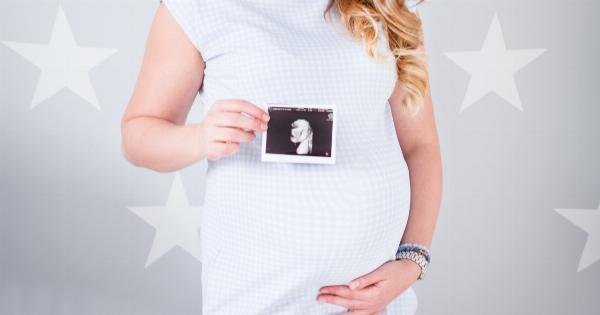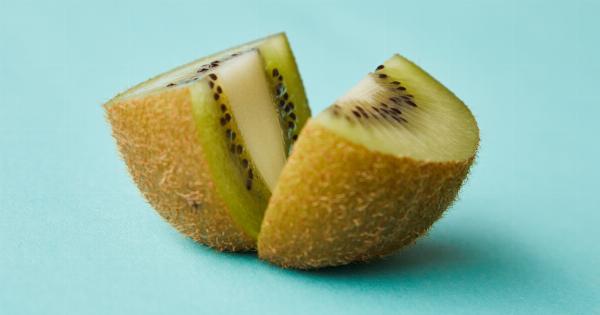Pregnancy is a beautiful journey filled with a myriad of physical and emotional changes. However, along with the joys of pregnancy come certain challenges, one of them being hair problems.
Hormonal fluctuations during this phase can wreak havoc on your hair, leading to various issues. In this article, we will discuss five common hair problems that women may experience during pregnancy and some possible solutions.
1. Excessive Hair Shedding
One common hair problem during pregnancy is excessive hair shedding. Normally, we lose around 50-100 hairs a day, but during pregnancy, due to hormonal changes, the hair growth cycle may be prolonged, resulting in fewer hairs falling out.
This can give the illusion of thicker hair during pregnancy. However, after delivery, the hair growth cycle returns to its normal phase, leading to the shedding of excessive hair.
Solution: While excessive hair shedding during pregnancy is quite common, it is usually temporary. Once your hormones stabilize post-delivery, hair shedding should reduce and return to normal.
In the meantime, you can try using a wide-toothed comb instead of a brush to minimize hair breakage and avoid hairstyles that put excessive strain on the hair.
2. Hair Loss
Contrary to excessive hair shedding, some women may experience hair loss during pregnancy. This can be quite distressing, as losing chunks of hair can lead to thinner locks and reduced hair volume.
Solution: Hair loss during pregnancy can be caused by various factors such as stress, nutritional deficiencies, or genetics. To combat hair loss, it is essential to eat a balanced diet rich in vitamins and minerals.
Additionally, avoid using heat styling tools and harsh chemicals on your hair, and opt for gentle, sulfate-free shampoos and conditioners. Regular scalp massages can also improve blood circulation and promote hair growth.
3. Changes in Hair Texture
Pregnancy hormones can alter the texture of your hair, making it either dry and brittle or excessively oily. These changes can be frustrating, especially if you were accustomed to a specific hair type before pregnancy.
Solution: To manage changes in hair texture, adapt your hair care routine accordingly. If your hair becomes dry, use hydrating and moisturizing hair products such as conditioners and leave-in treatments.
If your hair becomes oily, opt for lightweight, volumizing shampoos and avoid heavy styling products that can weigh down your hair. Regular trims can also help get rid of any dry or split ends.
4. Scalp Issues
During pregnancy, your scalp may become more sensitive and prone to various issues such as dandruff, itchiness, or scalp acne. These scalp problems can be uncomfortable and affect your overall hair health.
Solution: To address scalp issues, use gentle, sulfate-free shampoos that are specifically formulated to combat dandruff or an itchy scalp. Tea tree oil can also be beneficial for its anti-inflammatory and antifungal properties.
Avoid scratching your scalp and try to keep it clean and moisturized. If the scalp problems persist, consult with a dermatologist or a healthcare professional for appropriate treatment options.
5. Graying of Hair
Pregnancy can also accelerate the graying process, making you notice more gray or white hairs than usual. The exact cause of premature graying during pregnancy is not fully understood, but hormonal fluctuations may play a role.
Solution: While there is no definitive solution to prevent or reverse graying of hair during pregnancy, you can choose to embrace your natural hair color or opt for temporary hair dyes that are free from harsh chemicals like ammonia.
Regularly nourishing your hair with oils and deep conditioning treatments can also help improve its overall health and appearance.
Conclusion
Pregnancy is a time of immense transformation, and hair problems are just one aspect of this journey. It is essential to remember that many hair issues during pregnancy are temporary and tend to resolve after childbirth.
However, if you are concerned about the severity of your hair problems or if they persist post-pregnancy, it is advisable to seek professional advice from a dermatologist or a hair care expert.




























